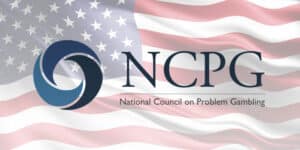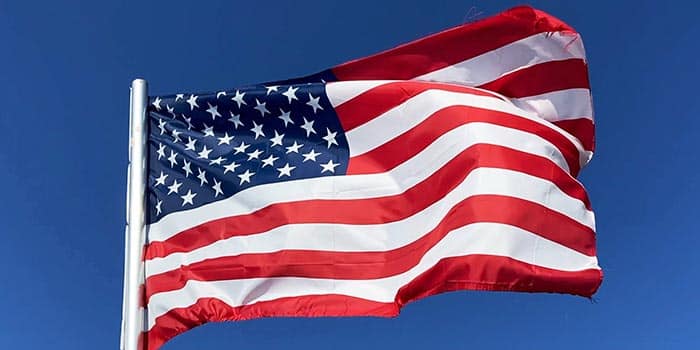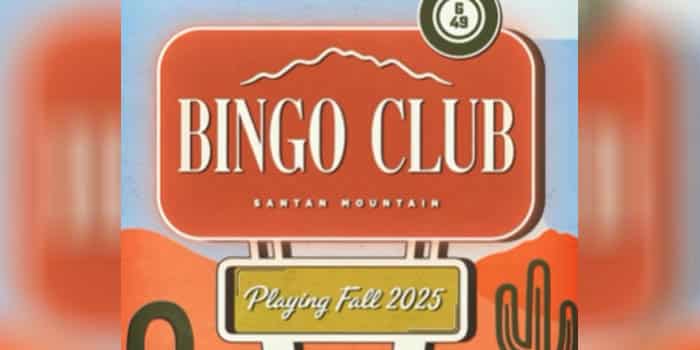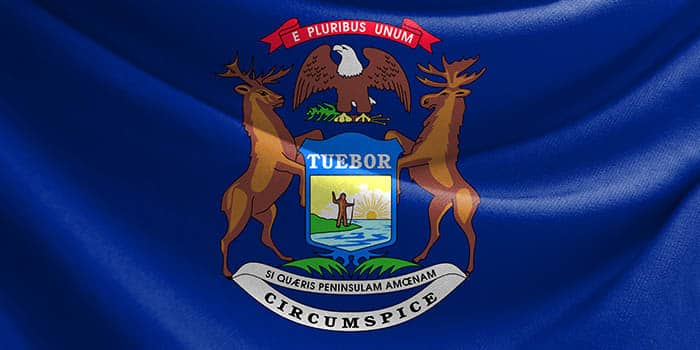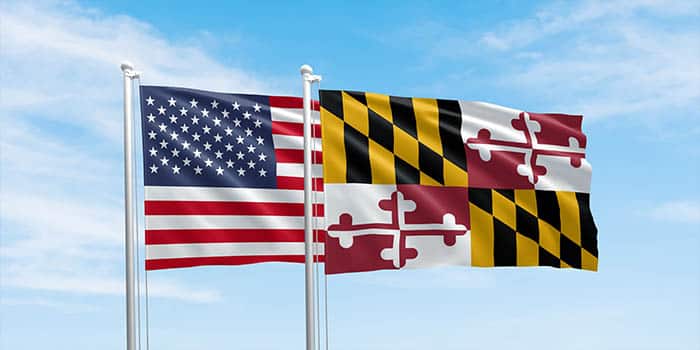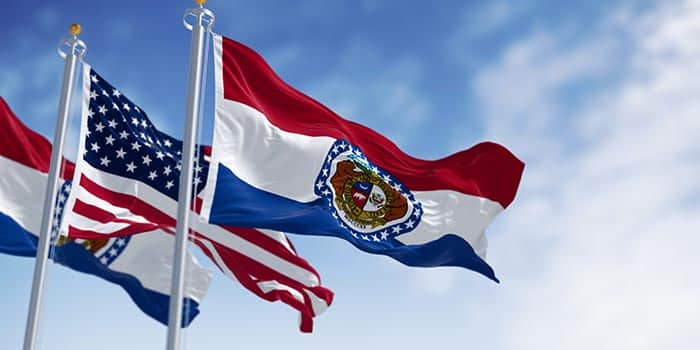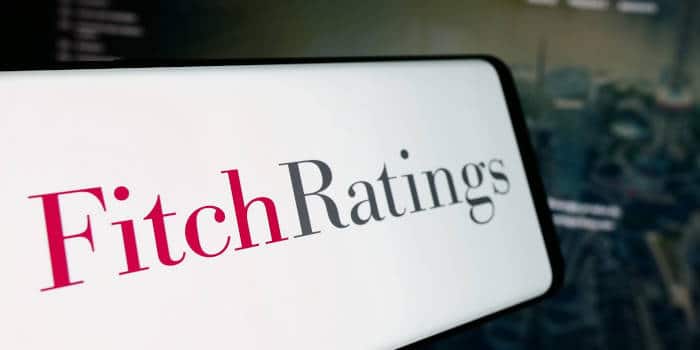- Casino
- By State
- Alabama
- Alaska
- Arizona
- Arkansas
- California
- Colorado
- Connecticut
- Delaware
- Georgia
- Florida
- Hawaii
- Idaho
- Illinois
- Indiana
- Iowa
- Kansas
- Kentucky
- Louisiana
- Maine
- Massachusetts
- Maryland
- Michigan
- Minnesota
- Mississippi
- Missouri
- Montana
- Nebraska
- Nevada
- New Hampshire
- New Jersey
- New Mexico
- New York
- North Carolina
- North Dakota
- Ohio
- Oklahoma
- Oregon
- Pennsylvania
- Rhode Island
- South Carolina
- South Dakota
- Tennessee
- Texas
- Utah
- Vermont
- Virginia
- Washington
- West Virginia
- Wisconsin
- Wyoming
- By State
- Slots
- Poker
- Sports
- Esports
Fact-checked by Stoyan Todorov
Experts Call for Compassionate Approach in Self-Exclusion Programs
The CEO of the Massachusetts Council on Gaming and Health, Marlene D. Warner, highlighted the disparities in state policies regarding reinstatement of self-excluded individuals in a recent NCLGS meeting in Pittsburgh

The panel on responsible gaming at the National Council of Legislators from Gaming States (NCLGS) Summer Meeting in Pittsburgh looked into voluntary self-exclusion (VSE) programs. This was part of a four-day event at Rivers Casino which featured several sessions. One session discussed different approaches to VSE across various jurisdictions while stressing the need for empathy in executing such programs.
Experts Called for an Empathic Approach to Individuals Who Opt for Self-Exclusion
Marlene D. Warner, CEO of Massachusetts Council on Gaming and Health, said US states differ greatly when it comes to their reinstatement policy regarding persons who have self-excluded themselves from casinos within state borders, reported CDC Gaming.
Rhode Island, for example, mandates therapy sessions before any re-entry into gambling is permitted. Some states require petitions to be filed or board appearances to be made. Others have no set process for reinstating once the self-exclusion time has passed. Warner noted that reinstatements are becoming more structured, requiring specific criteria rather than simply expiring after a set period.
The debate highlighted that people choosing self-exclusion deserve respect and understanding, not stigma or punishment. Jennifer Shatley, who leads the Responsible Online Gaming Association, emphasized looking at self-exclusion from a mental health standpoint. She made the case that people need to see this issue as one of health and getting better, not as something to punish or a subject of enforcement.
Warner agreed with this view calling for a kind-hearted response. She said that individuals asking to be excluded are reaching out for assistance and deserve to be treated with respect. This caring approach involves making sure interactions are polite and supporting those who are trying to keep their gambling habits in check.
VSE Programs Crucial for Addressing Gambling Issues, but Inconsistent Rules Pose Challenges
Data shows that about 3.5% of grown-ups face gambling problems so VSE programs play a key role for many people. Yet, the rules of these programs vary a lot. Washington State Rep. Shelley Kloba said their self-exclusion periods last from one to ten years, and you cannot take them back once you set them up. Kloba stressed how important it is to make a choice to self-exclude, which she sees as a big step in getting better.
Shatley pointed out that joining a self-exclusion program does not always mean someone has a gambling problem. She said that people might want to self-exclude for many reasons, like dealing with loss or money troubles. It is key, she added, not to make people say they have a gambling problem, as this might stop them from getting the help they need.
The experts on the panel all emphasized how crucial it is for different jurisdictions to think about these subtle differences. This helps make sure VSE programs are easy to use and work well. These programs can do a better job of helping the people they are meant for by creating an atmosphere that supports rather than judges. This encourages recovery and healthier habits in the gambling world.
Related Topics:
Silvia has dabbled in all sorts of writing – from content writing for social media to movie scripts. She has a Bachelor's in Screenwriting and experience in marketing and producing documentary films. With her background as a customer support agent within the gambling industry, she brings valuable insight to the Gambling News writers’ team.
Must Read
Industry
June 27, 2025
Las Vegas Sphere Bashed for Charging $170 for Pizza
Industry
June 30, 2025
New Zealand Presses On with iGaming Legislation



